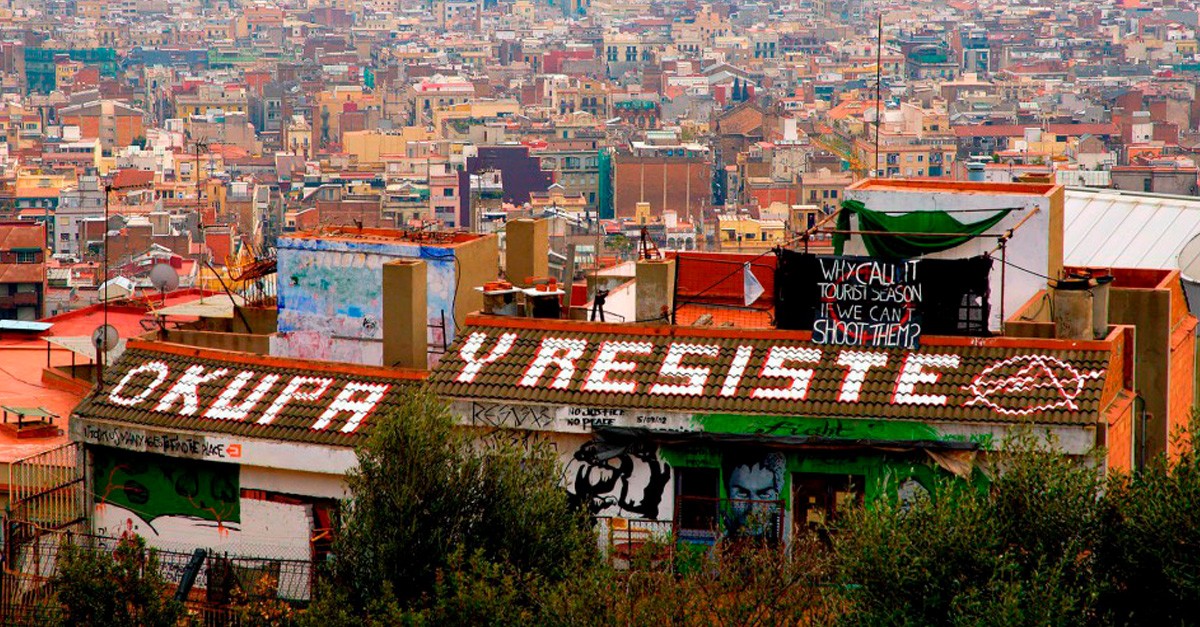
Squatting and squatters are currently on everyone’s minds in Spain. For homeowners whose property is being squatted in, the first thing that usually goes through their head is to go to the Police Station or the Court, because it is a crime of usurpation. However, Carmen Giménez, head of the law firm G&G Abogados, recommends filing a civil lawsuit rather than going to the police because the process is faster and more effective.
In an article in the Spanish-language Colegio de Administradores de Fincas magazine for property owners, Giménez advises against going to Spanish criminal court for the following reasons:
- The principle of minimum intervention in criminal law has led to a great deal of debate about the crime of usurpation of property since there is a civil procedure, which is more effective.
- Penal law takes more time because of the different courts involved: first the one that investigates, and then the criminal court, which is the one that judges.
- There are cases of squatting where there are changes in the occupants of the house. In criminal proceedings, the complaint must be directed against a specific person (name and surname) so that he or she can be tried, which causes the proceedings to be lengthened as the identity of each occupant has to be investigated. In the case of a civil action, though, it does not need to be directed against a specific person.
For all these reasons, Giménez recommends going to the civil court in Spain and filing a lawsuit for eviction for precariousness, which will be processed through a verbal trial, so that the time limits for eviction are shorter. Although the concept of precarious eviction was only used in situations where the landlord consented to occupy their home without charging rent until they allowed it, the fact is that it has evolved to the point of responding to the problem of the current squatters, thanks to the Supreme Court’s rulings.
A ruling by the Supreme Court on February 29th 2000 establishes that it is possible to exercise eviction for precariousness against any person who enjoys or has the property in precariousness, whether rustic or urban, without paying dues.
Jurisprudence has gradually broadened the concept of ‘precariousness’ to include not only the cases in which property is held with tolerance or on behalf of its owner, but also all those in which the tenancy of the occupier is not based on any title and presents abusive behaviour. For all civil purposes, this situation implies the free use of a third party's property whose legal possession does not correspond to the user, and therefore the lack of title that justifies the enjoyment of possession.
Spain’s Congress of Deputies has approved, with the support of the PdeCat, PP, Ciudadanos and PNV political parties, the law of express eviction against squatters with ties to the mafia. Here we explain what this law is and how it will work.
From the original Spanish article: Okupas: ¿denuncio por lo penal o demando por lo civil? (Ciudad y Comunidad)